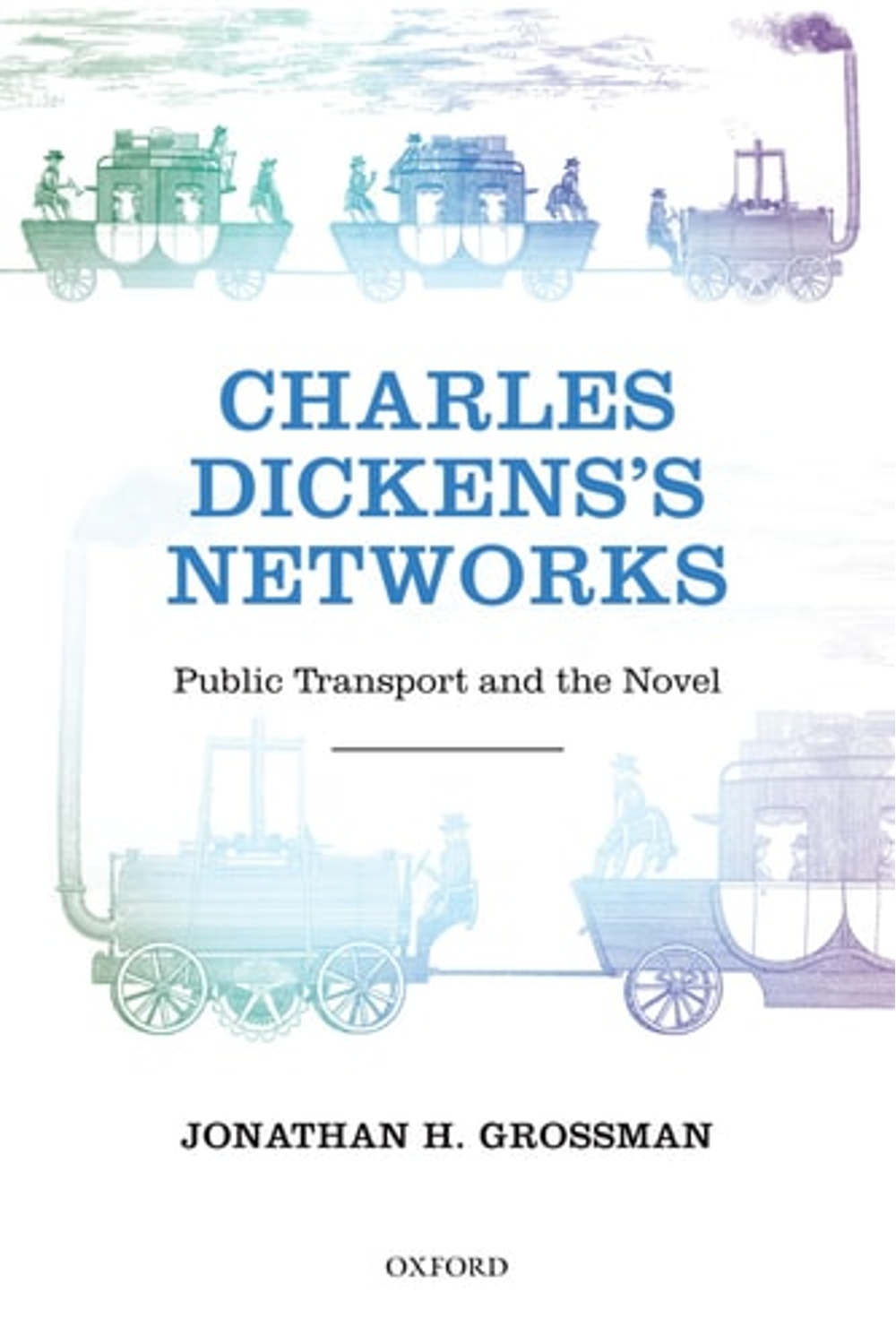Uncover the hidden influence of Victorian-era transportation on the works of Charles Dickens in Jonathan H. Grossman’s *Charles Dickens’s Networks: Public Transport and the Novel*. Published by Oxford University Press, this illustrated edition reveals how the rise of railways, steamships, and stagecoaches revolutionized 19th-century Britain, impacting Dickens’s themes of time, space, and community. Grossman explores how this “networking” of people shaped Dickens’s narrative perspective, examining key novels through the lens of societal transformation. A compelling read for literature lovers and history buffs alike, this book offers a fresh perspective on Dickens’s enduring relevance in our interconnected world. Weight: 392g, 272 pages.
Charles Dickens’s Networks: Public Transport and the Novel
19,38 $
In stock
The same week in February 1836 that Charles Dickens was hired to write his first novel, The Pickwick Papers, the first railway line in London opened. Charles Dickens’s Networks explores the rise of the global, high-speed passenger transport network in the nineteenth century and the indelible impact it made on Dickens’s work. The advent first of stage coaches, then of railways and transoceanic steam ships made unprecedented round-trip journeys across once seemingly far distances seem ordinary and systematic. Time itself was changed. The Victorians overran the separate, local times kept in each town, establishing instead the synchronized, ‘standard’ time, which now ticks on our clocks. Jonathan Grossman examines the history of public transport’s systematic networking of people and how this revolutionized perceptions of time, space, and community, and how the art form of the novel played a special role in synthesizing and understanding it all. Focusing on a trio of road novels by Charles Dickens, he looks first at a key historical moment in the networked community’s coming together, then at a subsequent recognition of its tragic limits, and, finally, at the construction of a revised view that expressed the precarious, limited omniscient perspective by which passengers came to imagine their journeying in the network.
| Authors | |
|---|---|
| Binding | |
| Condition | |
| ISBN-10 | 019968216X |
| ISBN-13 | 9780199682164 |
| Language | |
| Pages | 272 |
| Publisher | |
| Year published | |
| Weight | 392 |
| Edition | Illustrated |
Related products
You Little Monster!
13,12 $Nel ventre
14,13 $Complicity
17,80 $
- Additional information
- Currencies
- USD – United States dollar
- EUR – Euro
- GBP – Pound sterling
- CNY – Chinese yuan
- BRL – Brazilian real
- MXN – Mexican peso
- JPY – Japanese yen
- PHP – Philippine peso
- THB – Thai baht
- PLN – Polish złoty
- CAD – Canadian dollar
- MYR – Malaysian ringgit
- AUD – Australian dollar
- TWD – New Taiwan dollar
- CZK – Czech koruna
- SEK – Swedish krona
- HUF – Hungarian forint
- ILS – Israeli new shekel
- CHF – Swiss franc
- HKD – Hong Kong dollar
- DKK – Danish krone
- SGD – Singapore dollar
- NOK – Norwegian krone
- NZD – New Zealand dollar





